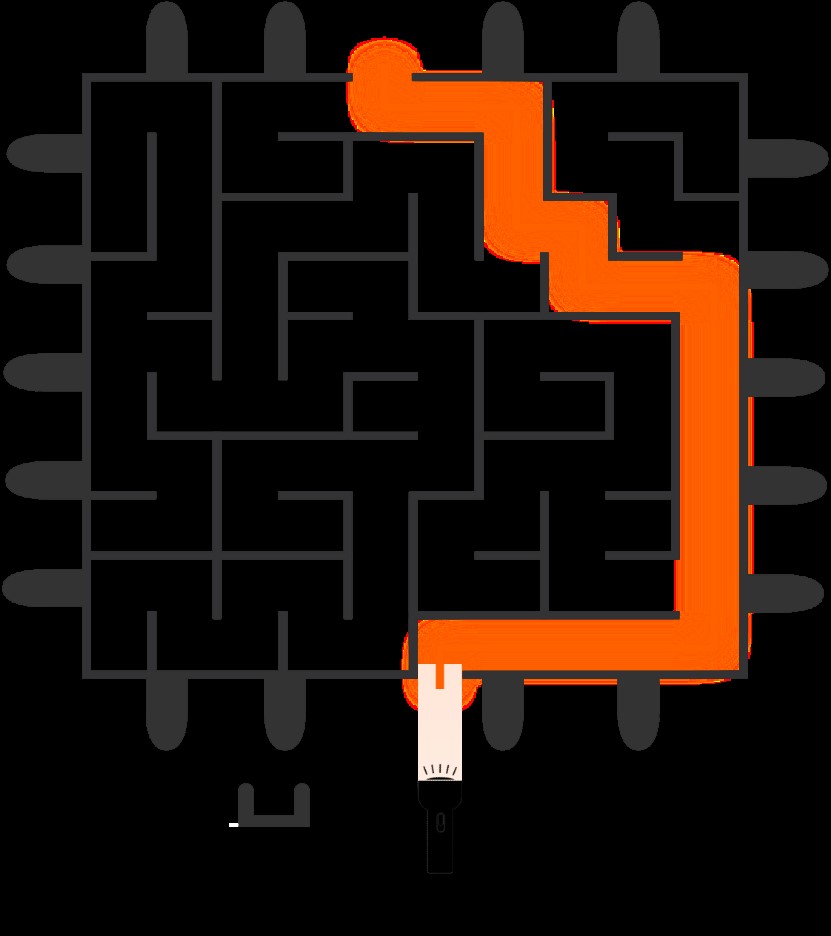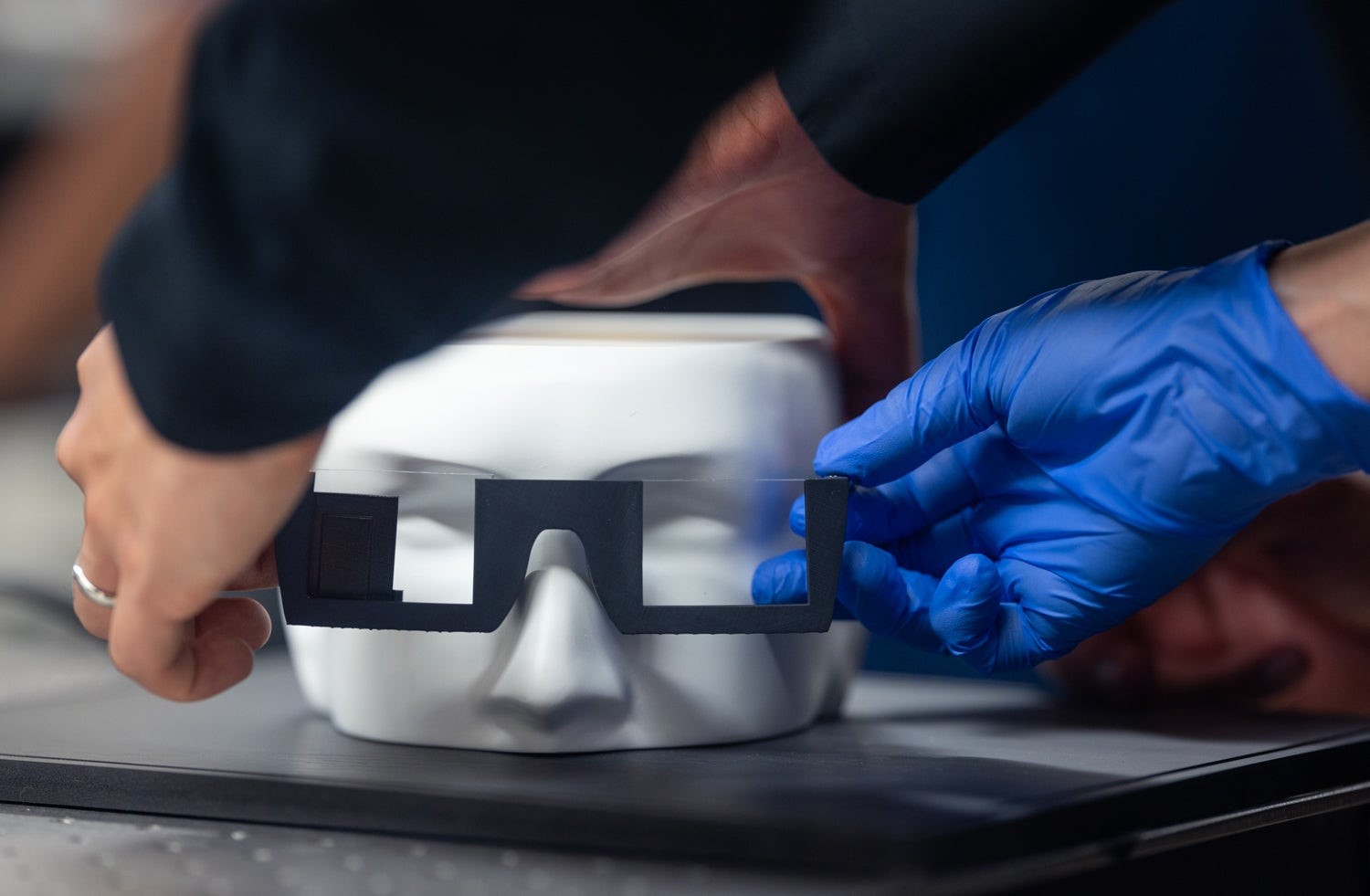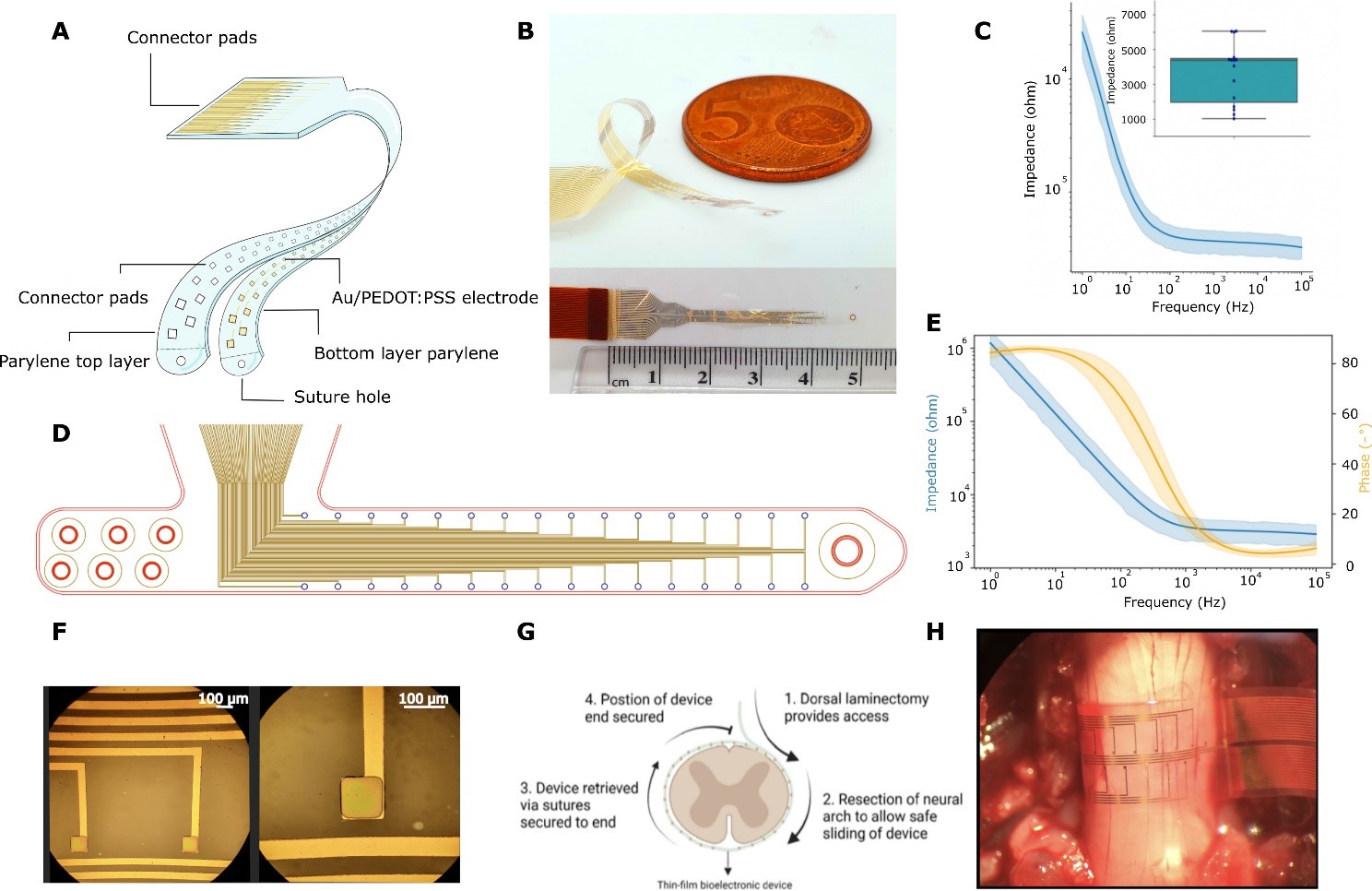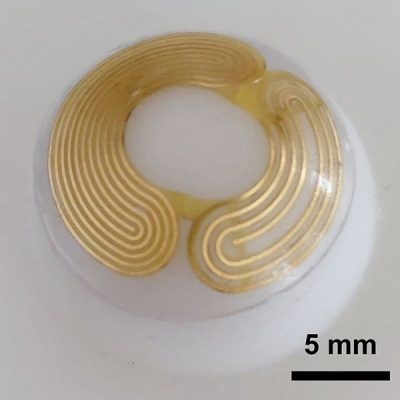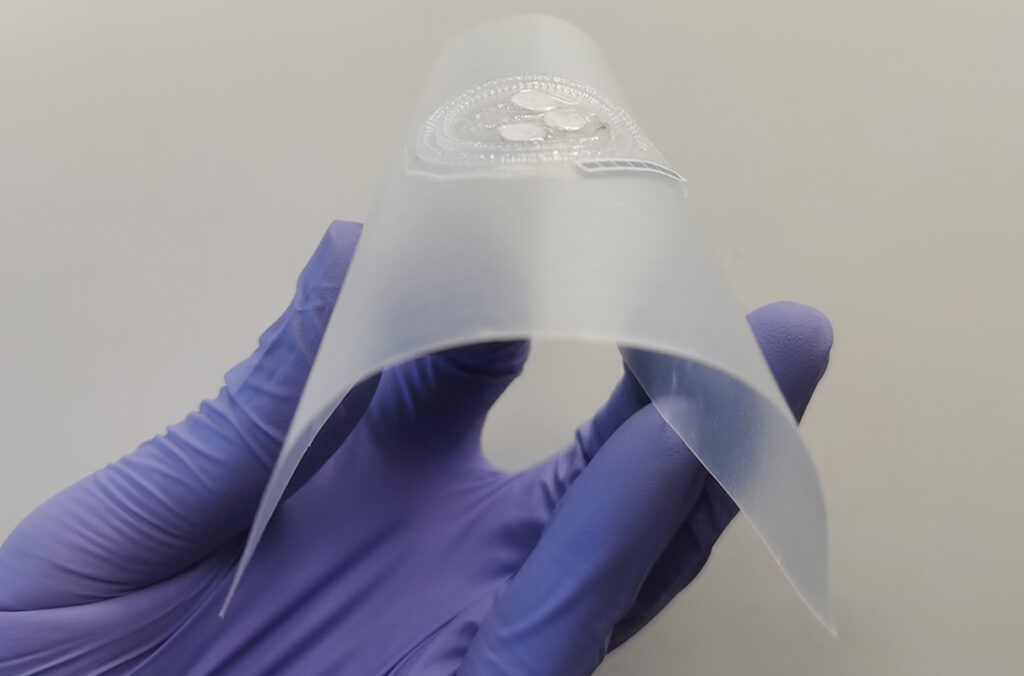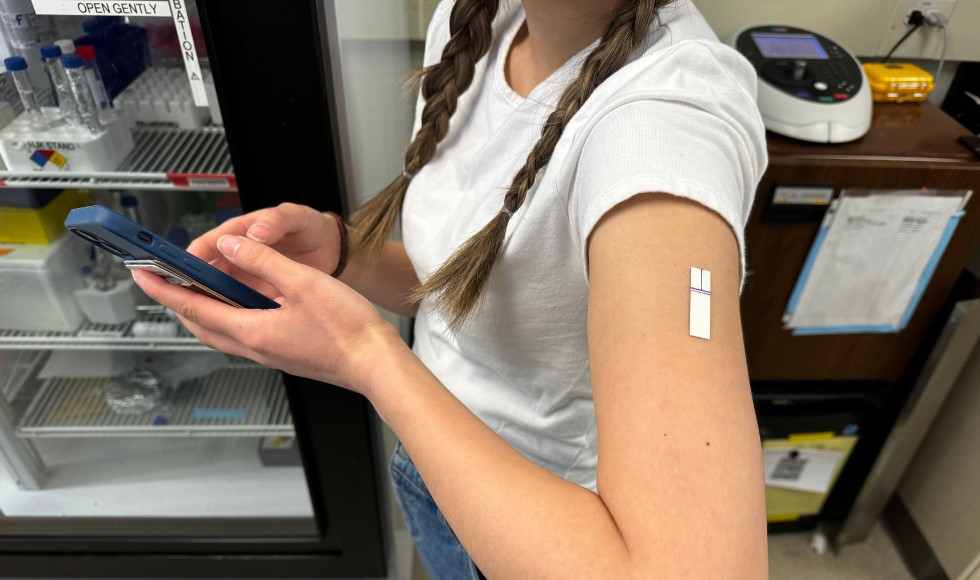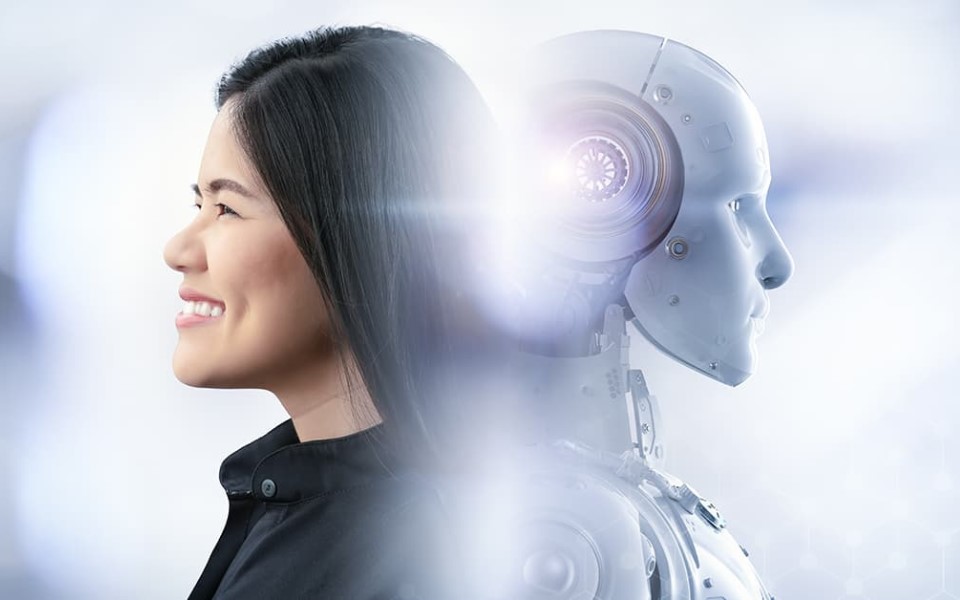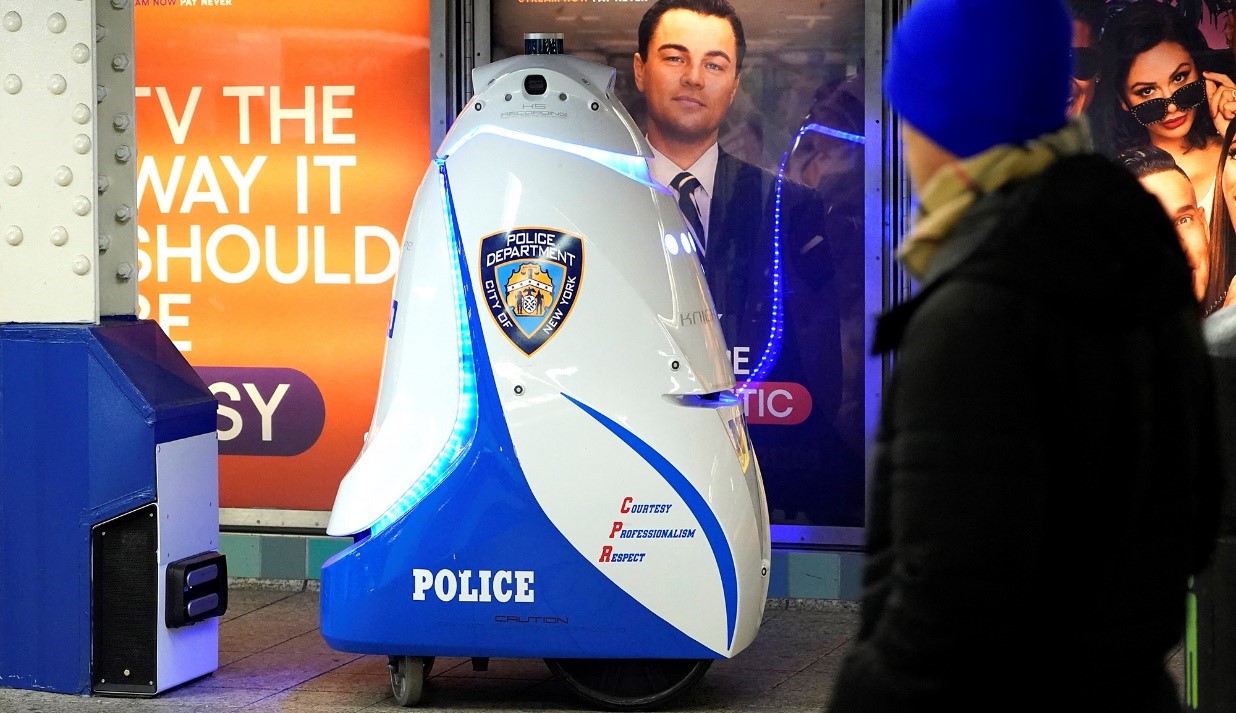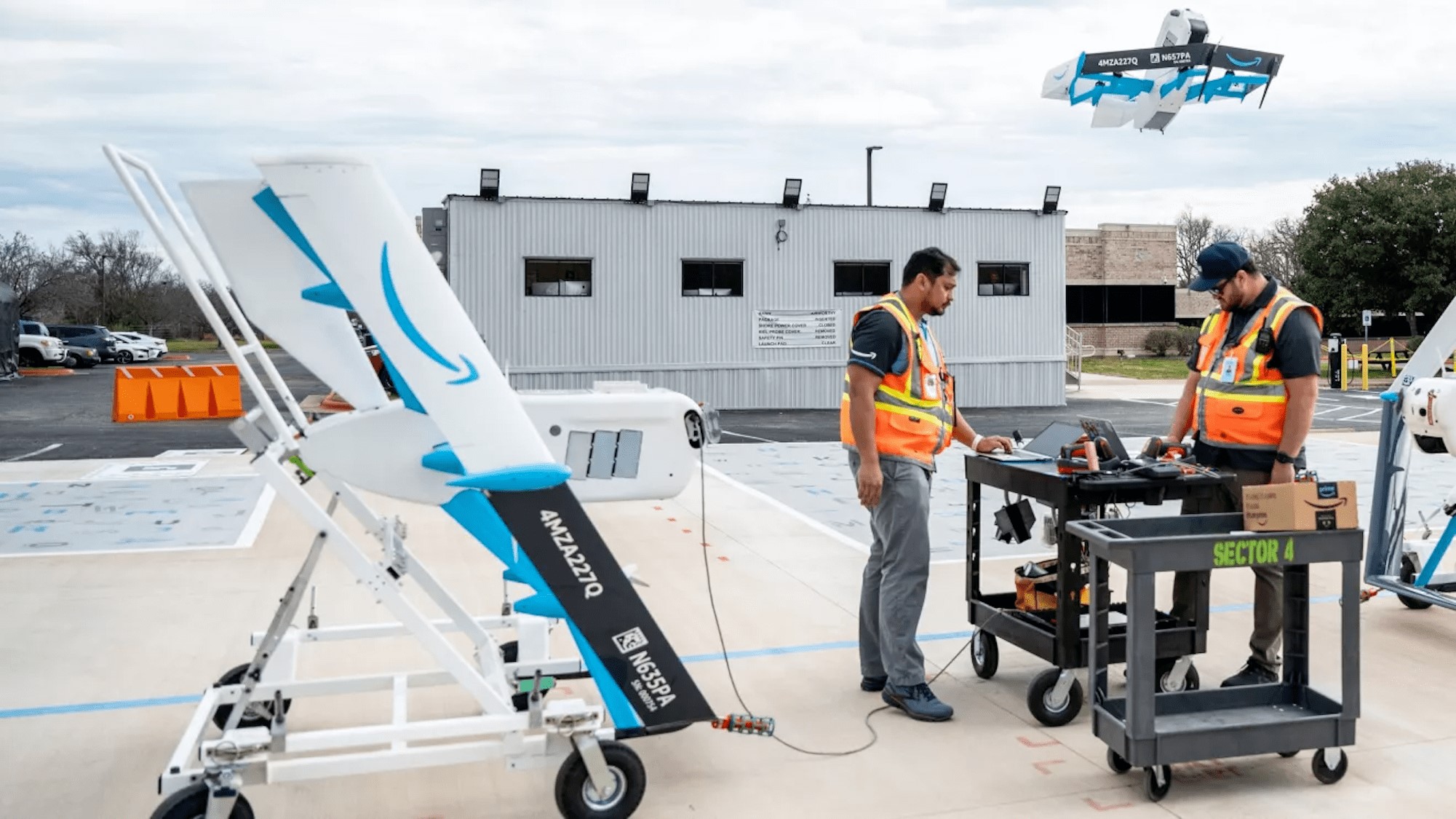The Impact of Eye Contact on Online Job Interviews: Insights from Recent Research
Eye contact significantly influences interpersonal evaluations, and this extends to online job interviews. Beyond the resume quality, the direction of an interviewee’s gaze can impact their chances of securing a job.
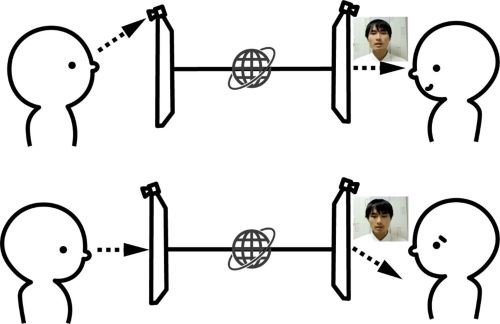
Figure 1. Skewed Gaze has Negative Impact on Evaluation. (Credit: Hiroshima University)
Researchers published their findings in Scientific Reports on May 31. The study simulated online job interviews with twelve student participants acting as interviewees. Each student presented themselves twice: once looking directly at the web camera and once looking towards the screen. Three types of recordings were created for evaluation by 38 full-time workers: one with the interviewee looking directly at the camera (CAM), one with the interviewee’s gaze skewed downwards towards the screen (SKW), and one with only the interviewee’s voice (VO) [1]. Evaluators used six criteria for scoring: intimacy, social desirability, general job abilities, decisiveness, cooperativeness, and overall hireability. Figure 1 shows skewed gaze has negative impact on evaluation.
The results showed that interviewers evaluated candidates more positively when their gaze was directed at the camera (CAM) compared to when candidates looked at the screen (SKW). The SKW stimulus received worse evaluations than the VO stimulus. Maintaining “genuine” eye contact during online interviews is challenging, but gazing into the camera can mimic the effect of direct eye contact in person.
Despite the overall preference for interviewees who maintained eye contact with the camera, an unconscious gender bias was noted. Female evaluators judged those with a downward gaze more harshly than male evaluators. Additionally, the difference in scores between the CAM and SKW stimuli was larger for female interviewees compared to male interviewees. This gender bias could be prevalent in real-world settings. Raising awareness among both interviewers and interviewees about this potential bias could help mitigate its effects.
Masahiro Shinya, a researcher at Hiroshima University and co-first author of the study, emphasized, “The key takeaway from our study is the negative impact of skewed gaze on evaluation in the context of online job interviewing: do NOT keep your eyes on the screen.”
Starting with the optimal direction of gaze can significantly enhance an interviewee’s favorability compared to having a downward gaze. Utilizing the “mutual gaze” effect can help establish trustworthiness and credibility with the evaluator. These factors can provide an advantage in the interview process. However, it’s important to also consider the other criteria evaluators use and the potential biases that may influence their decisions.
Noriko Yamane, co-first author of the study, stated, “The ultimate goal is to develop guidelines and tools that enhance understanding and management of visual attention in video conferencing, thereby improving interaction quality and evaluation fairness in remote settings.”
Eye contact plays a crucial role in digital interactions, affecting the perception of an interviewee’s hireability. As digital communication becomes more common, understanding subtle non-verbal cues can significantly impact professional perceptions in online settings.
Researchers from Hiroshima University’s Graduate School of Humanities and Social Sciences, the School of Integrated Arts and Sciences at Hiroshima University, and the Department of International and English Interdisciplinary Studies at Osaka Jogakuin University contributed to this research, which was supported by the JSPS Kakenhi Grant-in-Aid (22K00621).
Source: Hiroshima University
References:
- https://www.nature.com/articles/s41598-024-60371-5
- https://www.eurekalert.org/news-releases/1048424
Cite this article:
Hana M (2024), The Impact of Eye Contact on Online Job Interviews: Insights from Recent Research, AnaTechMaz, pp. 262


